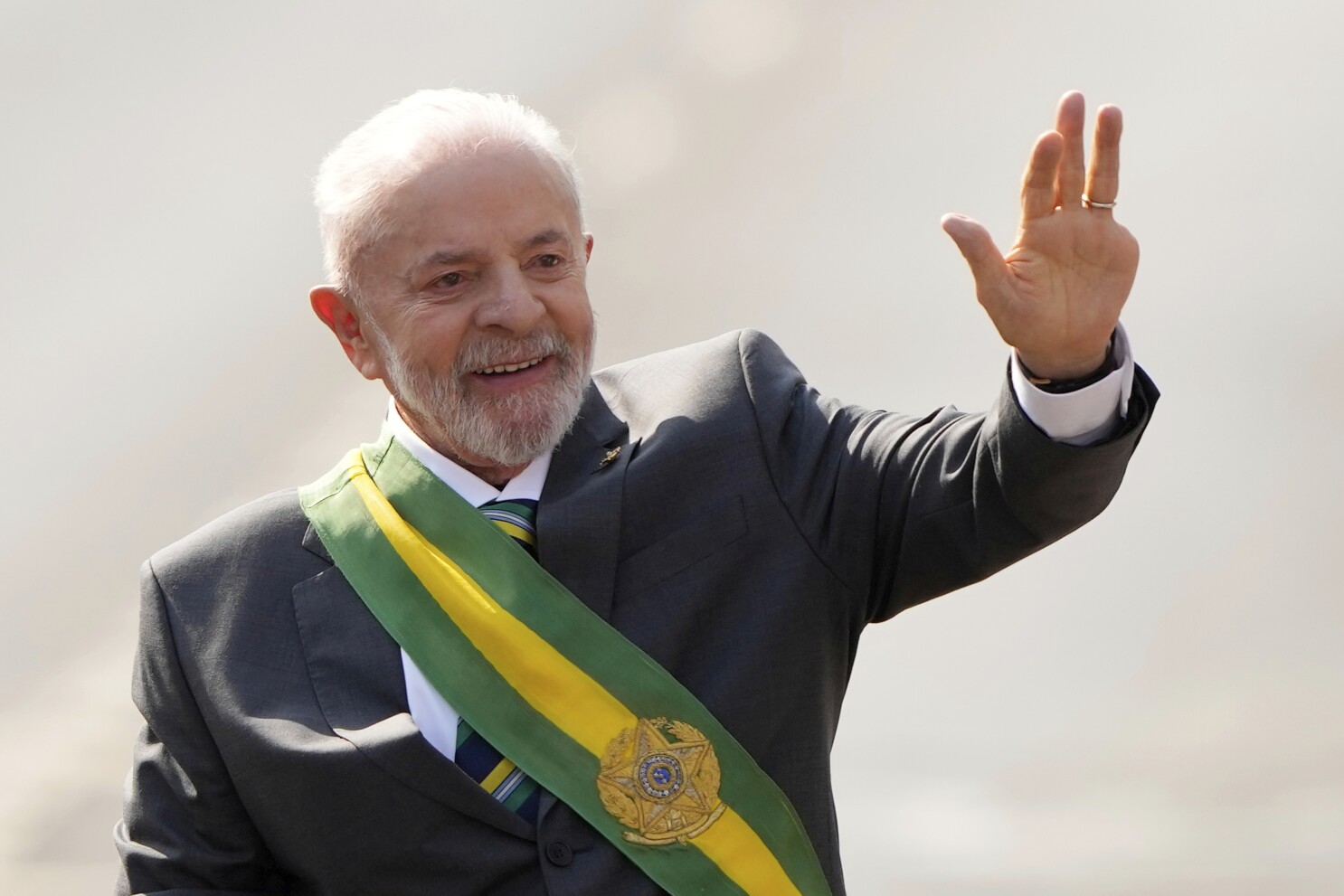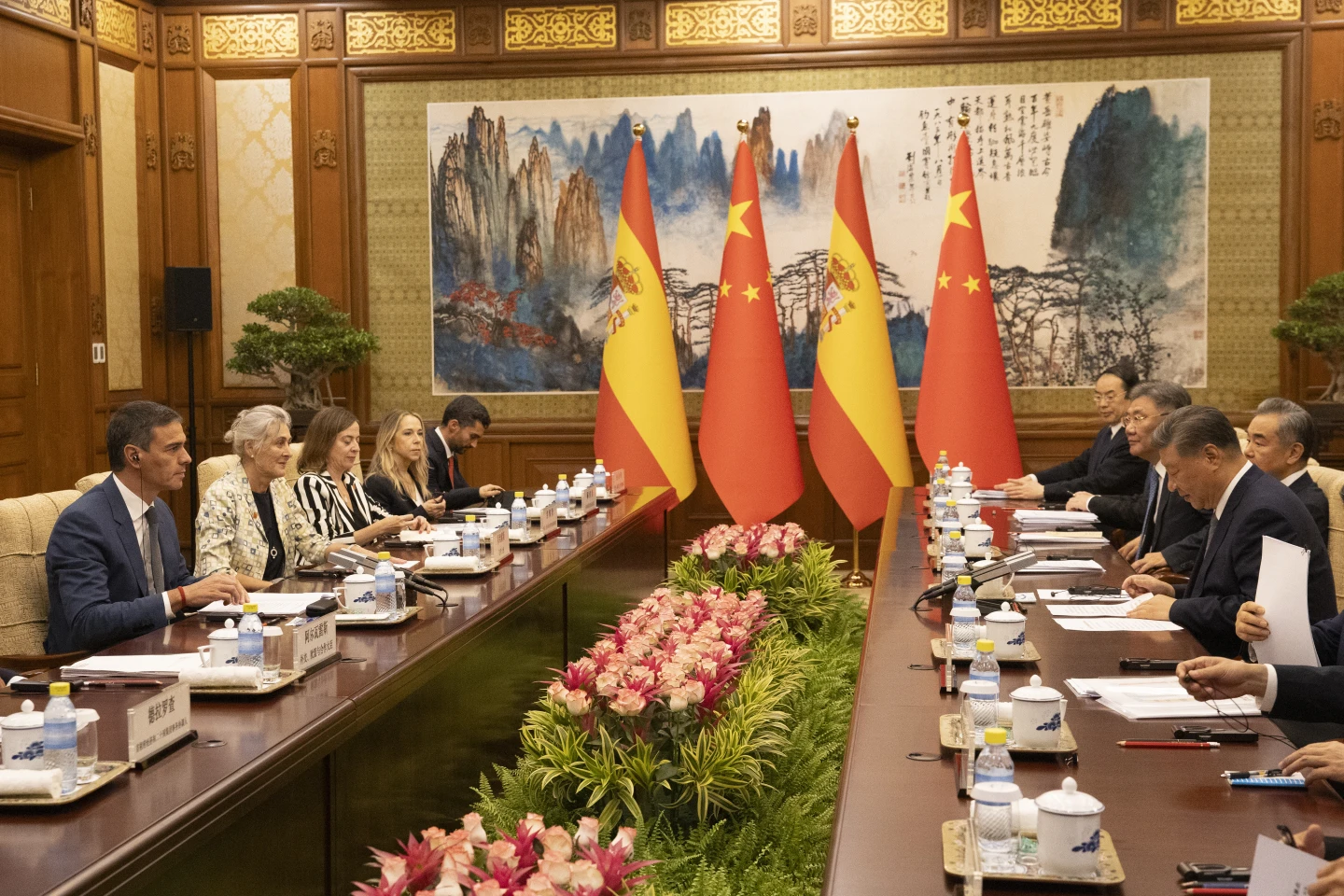Spanish Prime Minister Pedro Sanchez met with Chinese President Xi Jinping on Monday in an effort to defuse growing trade tensions between the European Union and China.
As Brussels considers imposing tariffs on Chinese-manufactured electric vehicles (EVs), Sanchez expressed hope that a trade war could be avoided, highlighting the importance of cooperation over conflict.
Sanchez acknowledged that the potential EU tariffs, which could reach up to 36.3%, are a “challenging” issue but emphasized Spain’s commitment to working toward a negotiated consensus through the World Trade Organization.
“A trade war would benefit no one,” said Sanchez.
Beijing has warned that EU tariffs on Chinese EVs could trigger retaliatory actions, such as higher tariffs on European goods. In response, China has already launched investigations into European pork and dairy imports, sectors that are crucial to Spain’s economy. Last year, Spain exported $1.5 billion worth of pork products to China, making it the largest exporter in this category.
Despite the looming trade disputes, Spain has continued to pursue constructive relations with China. The Spanish government recently welcomed Chinese automaker Chery’s plans to open an EV plant in Barcelona, demonstrating that both sides see value in maintaining economic ties.
During his visit, Sanchez also met with Chinese Premier Li Qiang and other top officials, where he reiterated Spain’s support for free trade and open markets. Both leaders stressed the importance of maintaining a stable trade relationship and promoting cultural and educational exchanges.
The meeting comes at a critical time for the EU, with member states preparing to vote on the proposed tariffs in October. While Spain, France, and Italy have expressed support for the tariffs, other nations, such as Germany and Sweden, have abstained, signaling divisions within the bloc on how to approach the issue.
Reuters, the Associated Press, and U.S. News & World Report contributed to this report.










The latest news in your social feeds
Subscribe to our social media platforms to stay tuned